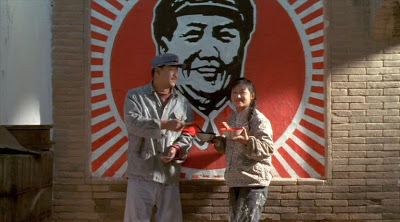
Zhang Yimou’s To Live (1994) follows the journey of Fu Gui from a rich hedonistic gambler in early 1910s to a frugal peasant in 1940s and 50s. Through the life of Fu Gui, the audience sees the impact of major historical events, such as the War of Liberation, the Great Leap Forward and the Cultural Revolution, on ordinary Chinese citizens.
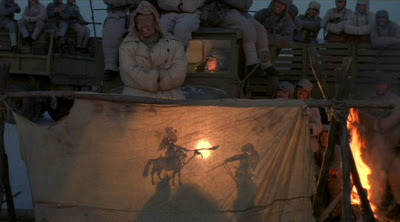
The film depicts how Fugui, which ironically means prosperity and wealth in Chinese, begins to lose everyone around. By the end of the film, virtually all his family members were dead.
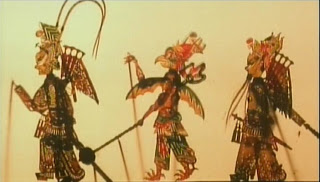
These individual deaths can be attributed to a corresponding historical event and acts a harsh social commentary on the dark side of the Communist Party, especially how the masses are unfairly and futilely sacrificed to serve the “Greater Good”, or Chairman Mao.
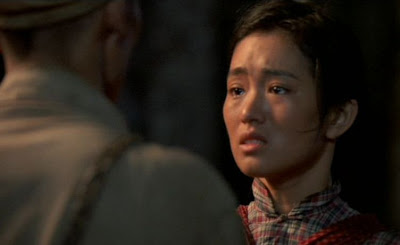
For this negative portrayal of the Chinese Communist Party and its emphasis on the failures of CCP’s early campaigns, the film was banned. Furthermore, Director Zhang Yimou was banned from filmmaking for two years, which displayed the government’s attempt to silence Zhang’s critical commentary on the suppression of the people during the early reform stages of the CCP.
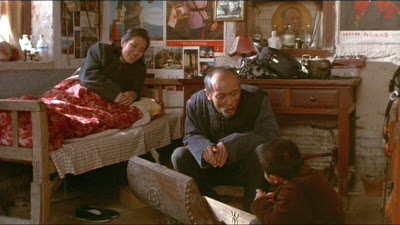
The film is for those who want to get a glimpse of how China transitioned from landlordism to communism, and how it impacted the lives of those who lived in it and were born in it. This is also a great film to watch if you are interested in learning more about director Zhang Yimou’s work, who is coined as the one of the most iconic filmmakers in China’s Fifth Generation of Filmmaking – where all filmmakers grew up during the Cultural Revolution and wanted to use art to reconcile and reconstruct the loss of art and identity due to the early suppression of the CCP.
Watch the US trailer for To Live below!
Interested in knowing how the Cultural Revolution is perceived by Chinese citizens and government? Check out the suggested readings below.
A former Red Guard now attempts to restore Chinese culture and history to help strengthen national identity in the younger generation. Read it here.
Former Red Guards and some who lived through the Cultural Revolution accused Mao of causing post-Cultural Revolution Suicides. Read it here.
Chinese textbook’s controversial depiction of the Cultural Revolution sparked public outroar in Hong Kong. Read it here.